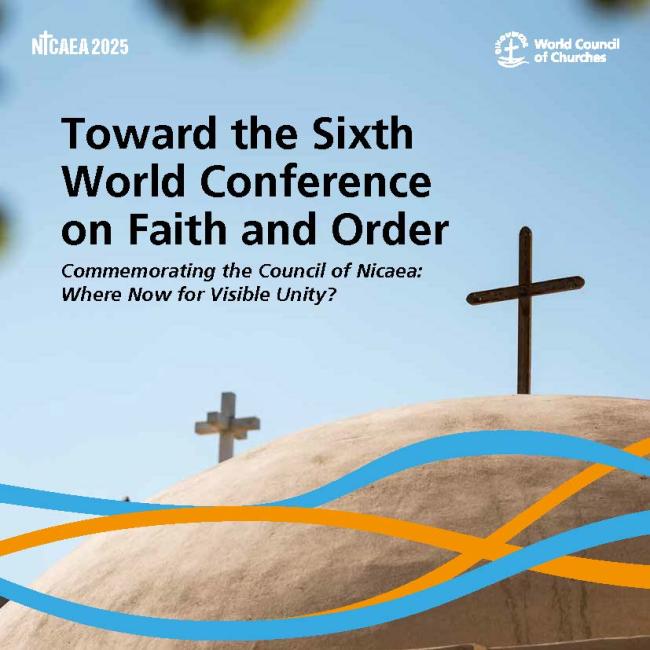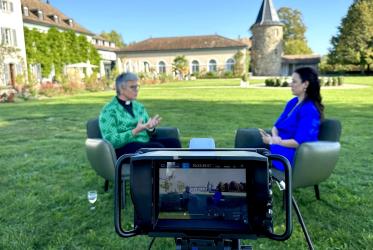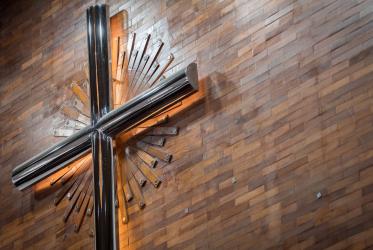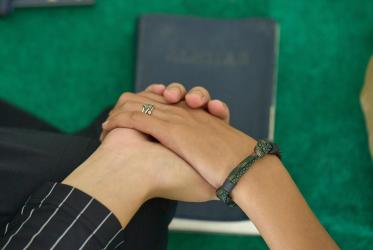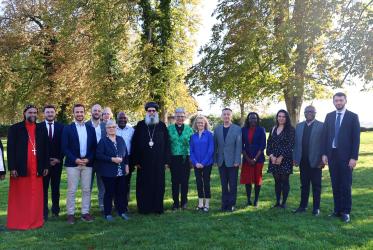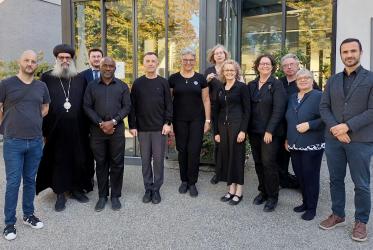Displaying 1 - 20 of 140
Que peuvent faire les Églises pour prévenir l’esclavage moderne?
26 February 2024
Toward the Sixth World Conference on Faith and Order
Commemorating the Council of Nicaea: Where Now for Visible Unity?
24 February 2024
What can churches do to prevent modern slavery?
22 February 2024
Ellyanne Chlystun-Githae Wanjiku to COP28: “listen more to children”
13 December 2023
Thirty days that changed the ecumenical movement
23 October 2023
ACT Alliance general secretary: “equity is not negotiable”
26 September 2023




